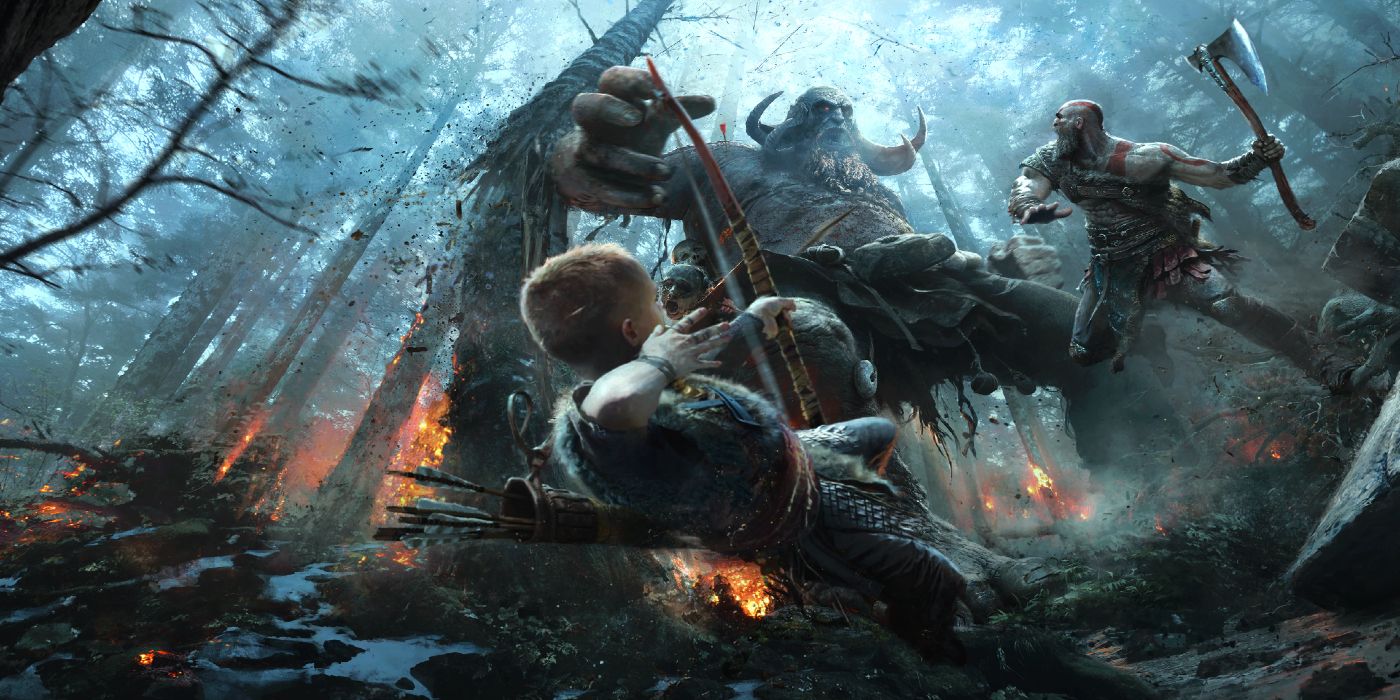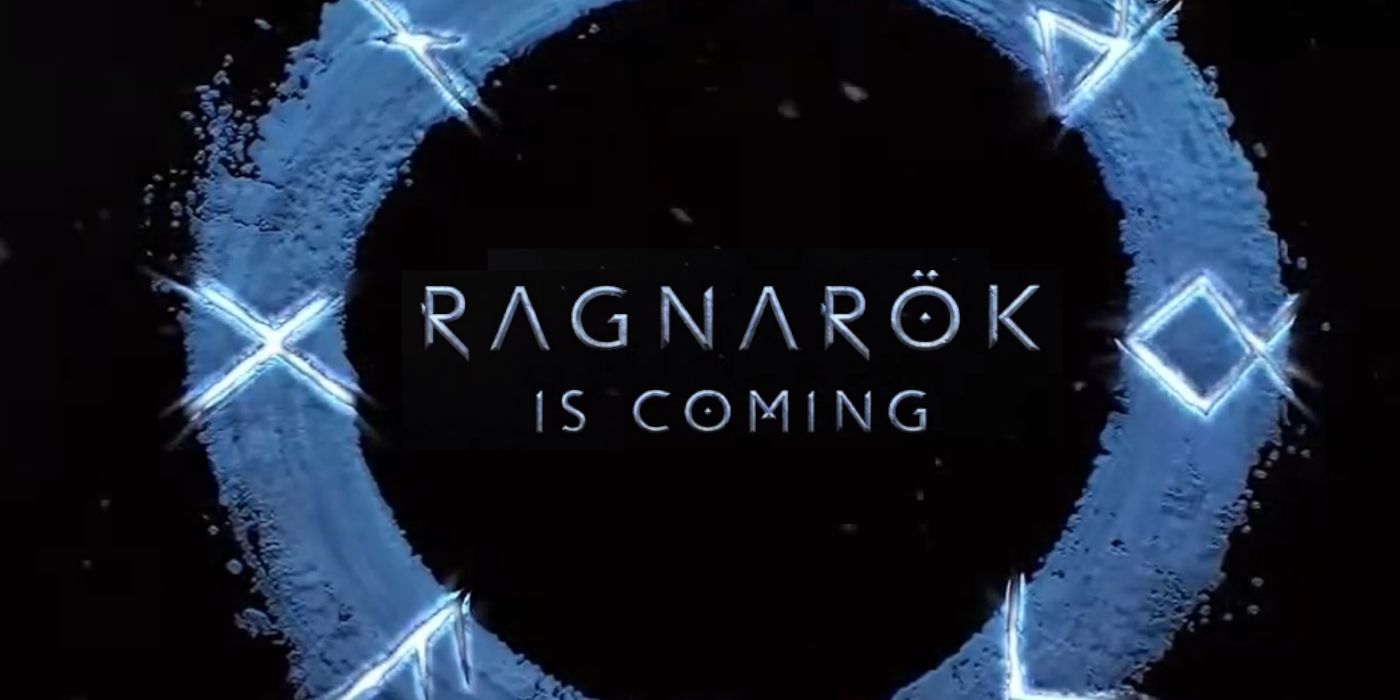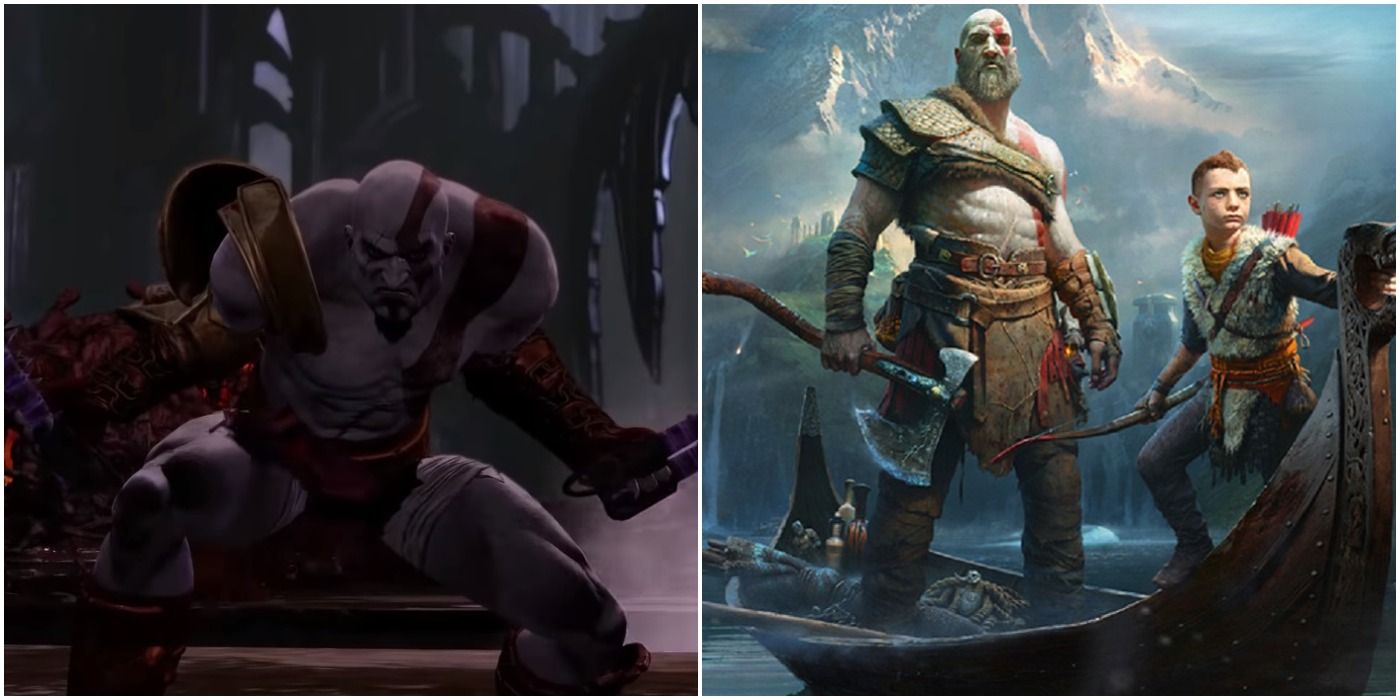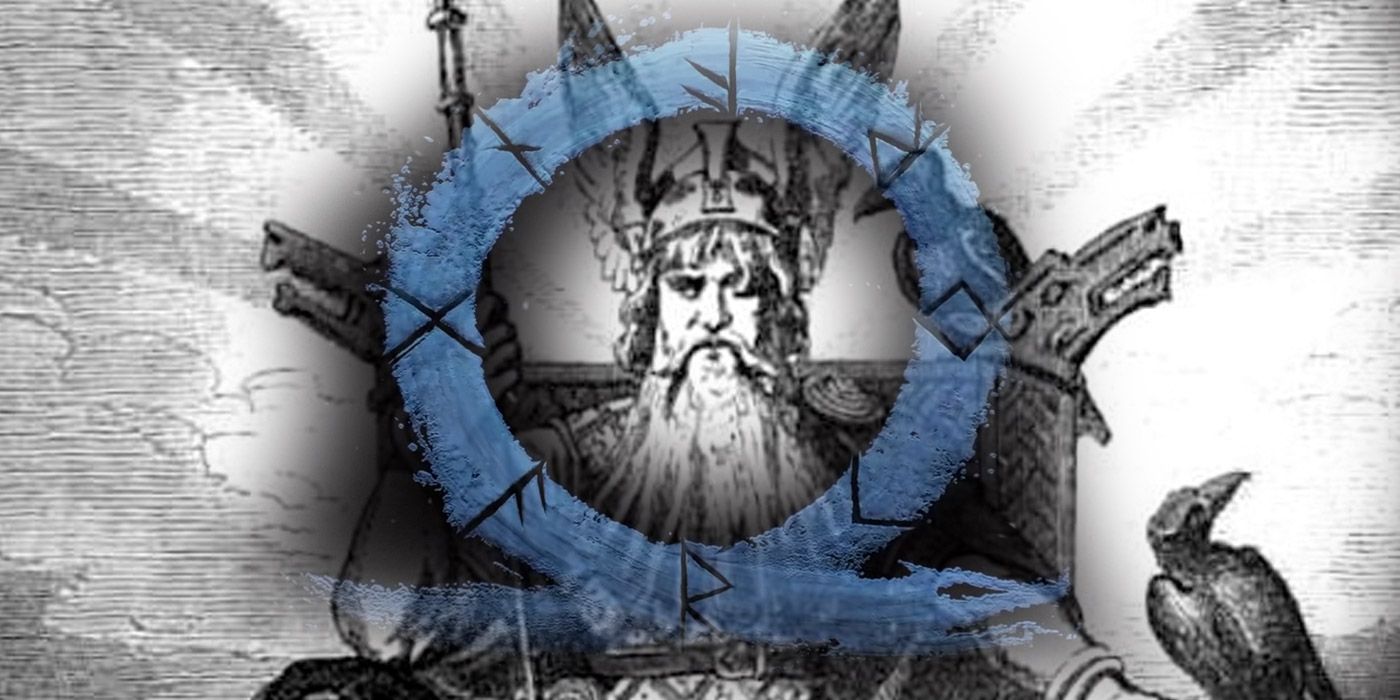God of War: Ragnarok, as it's been unofficially named, is set for release in 2021 at some point. There are few official details about the new game, but one thing that has been confirmed is that the Norse apocalypse, Ragnarok, is going to be involved in the title somehow. It has generally been assumed by most that the Ragnarok event will be central to God of War: Ragnarok. While it remains unclear, there is some evidence to suggest that Ragnarok isn't going to be quite as central to this game's narrative as some previously thought.
The new God of War game is highly anticipated and set for release in 2021 at some point. Since its initial teaser trailer, which promised that Ragnarok is coming, there have been no further official details revealed about the title. Some fans expect that God of War: Ragnarok will be delayed, though it remains unclear at what stage of production the title is currently in. The initial teaser for the new game promised that Ragnarok is coming, though it may not be in this game that the full effects of the apocalypse will be felt.
Ragnarok Has Not Necessarily Been Confirmed
Though the first God of War: Ragnarok teaser did mention that Ragnarok is coming, it remains unclear to what extent the effects of the apocalypse will be felt. The teaser trailer clearly indicated that Ragnarok is coming, but it may not arrive in time for the next God of War game. The Ragnarok event doesn't happen suddenly, though it has been triggered by the conclusion of 2018's God of War. Before the apocalypse starts in earnest, it's preceded by a period known as Fimbulwinter.
Fimbulwinter is a three-year-long period of harsh winter. The land is perpetually covered in snow, and new monsters are said to be roaming Midgard during the great winter. While Santa Monica Studio could skip over Fimbulwinter in favor of unleashing Ragnarok fully, there has been no confirmation either way. The "Ragnarok is coming" message from the teaser could easily indicate the looming presence of Ragnarok during Fimbulwinter, rather than the twilight of the gods fully underway.
Fimbulwinter could be an important period of time for the protagonists, especially with Atreus continuing to discover his abilities and entering adolescence. The teaser trailer indicates that the apocalypse is coming, but it doesn't denote when.
It's Only the Second Game of God of War's New Era
Since God of War has shifted to Norse mythology, there has only been one game to explore the setting, in 2018's God of War. God of War: Ragnarok will mark the second game to explore Norse mythology, and it's unlikely to be the last. The 2018 game marked a huge tonal shift for the series, and most fans expect that this new era of games will see multiple entries. With this in mind, it's hard to imagine that the full force of Ragnarok would be unleashed in just the second game of the rebooted series. There is significant finality to the Ragnarok event, and there are more stories that Santa Monica Studio should consider exploring before pulling the trigger on it.
It Seems Too Early For Ragnarok to Take Place
Despite there being certain aspects of Ragnarok being fulfilled in God of War already, it could be too early for the apocalypse to be featured. Ragnarok is also known as the twilight of the gods and based on mythology, there is a large degree of finality to the event. The myth foretells that the sun will be blacked out and that the earth will be covered in water, leading to the end of gods and the human race. Due to it only being the second game in what's expected to be a series, it could perhaps be too early to pull the trigger on the incident.
If Santa Monica Studio were to use Ragnarok as the backdrop of the title, there would likely be little left to cover in a third game. Ragnarok is said to feature the death of gods including Odin, Heimdall, Thor, Tyr, and several more. It could be difficult for Santa Monica Studio to continue the story when there are few gods and humans left alive. Some fans have expected that time travel will be used in God of War: Ragnarok to resolve plot threads, but this hasn't been confirmed. Time travel could allow for changes to Ragnarok and for its arrival to be delayed or changed, but it's speculation and a storytelling device that has already been used in God of War 2.
God of War: Ragnarok has several twists set up already, and the delay of Ragnarok could be another. Ragnarok would best fit the final game in this current era of God of War. When Santa Monica Studio have decided to end the Norse-set games, the apocalypse would be an effective way to seal the fate of characters and bring some closure to this period of Kratos' journey. 2018's God of War seemingly launched the series into a new generation of storytelling, and it's unlikely that it will be set to end after just two releases. Were Ragnarok to take place in the game set for releases in 2021, there could be very little to work with for future sequels.
When God of War: Ragnarok launches, fans aren't sure yet what to expect. While the title is set for release in 2021, there has been little information revealed about it. While it may appear on the surface that Ragnarok is set to come around in full force in the next game, this might not be the case. Thanks to the finality of the Norse apocalypse, it's unlikely that it will unfold fully in the next title. While certain aspects of it could come to pass, God of War: Ragnarok could feature yet another twist and further delay the twilight of the gods.
God of War: Ragnarok is currently set for release in 2021.




